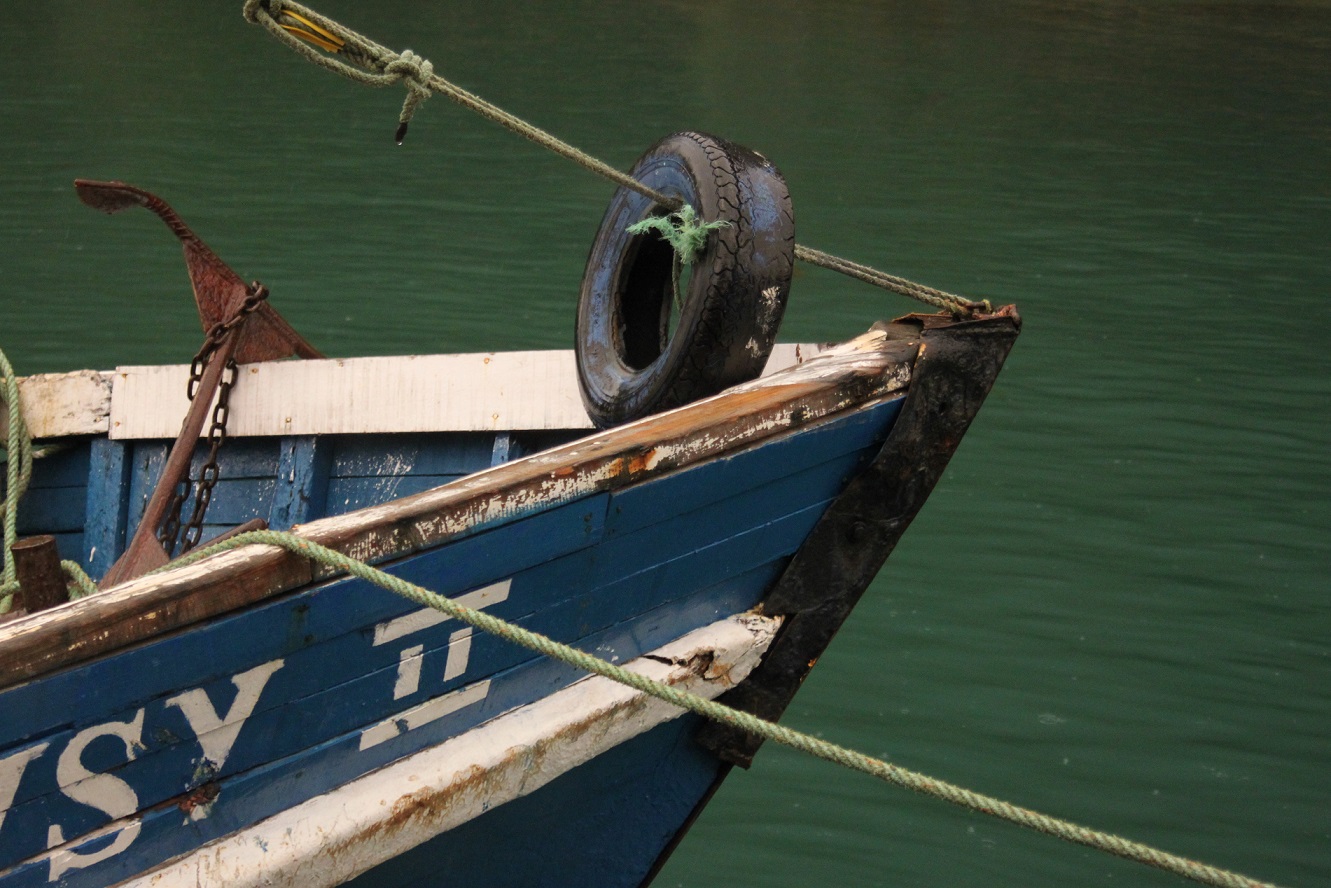Southern Cone countries are planning and creating new Marine Protected Areas. From statements to actions, Rodrigo Guijón -Coordinator of the WCS’s Chile Marine Program- reflects on the key points needed to achieve the effectiveness intended for the MPAs created. And a test case: the School for the Management of Marine Protected Areas of the Southern Cone, destined to train professionals responsible for MPAs in Argentina, Chile and Uruguay.

Marine conservation gained important political achievements for Chile during the mandate of former President Michelle Bachelet, even when some sectors considered that processes could have been more representative and transparent. The government of President Piñera has posed the challenges of ensuring the effective protection and access to protected areas, while seeking to boost productive activities. This could be contradictory if economic growth is promoted at the expense of natural heritage, in a scenario where Chile is perceived as a growing leader in environmental conservation.
Some specific aspects must be foreseen during both the creation and the continuous implementation of marine protected areas, these go from defining where and how to protect, to promoting capacities, raising financing and even setting up administration and management mechanisms. The lack of planning and analysis of these issues makes the decisions unsound, and discredit them both politically and technically.
What is required to combine productive activities -such as fishing, aquaculture or tourism- with conservation? To know the location of critical areas for biodiversity, and to evaluate what kind of activities are compatible with them and which ones are not, in order to define the most appropriate way to protect them. There’s a range of available mechanisms to be considered, ranging from the strictest ones, such as marine parks, to those that promote integrated development, such as multipurpose marine protected areas, among others. Along with this, to progressively improve productive practices, to encourage activities with less impact on the environment and prohibit those high impact activities that are not environmentally compatible. In order to make investment decisions, it is key to approve technically sound environmental assessments, and for the government to establish land use policies and to give clear incentives to sustainable and productive development.
Marine conservation is an activity that generates very high value. To make sure of it, we must evaluate which human resources are needed -both administrative and supervisory, as well as field staff- who also need to be trained and established. In response to at least part of it, since 2015 the Forum for the Conservation of the Patagonian Sea and Areas of Influence, a group of marine conservation organizations from Argentina, Brazil, Chile and Uruguay, is developing the School for the Management of Marine Protected Areas of the Southern Cone aimed at strategically identifying the capacities that need to be developed in each country member of the Forum, and at training professionals responsible for them. A shared regional effort helps face common needs and save resources at the same time.
Having personnel, infrastructure, equipment, monitoring and reporting tools, vessels, supplies and the ability to oversight the sea aiming at its conservation has a pretty significant cost. It requires public investment to cover at least the basic operating expenses of the conservation areas or projects, which should be complemented with effective mechanisms to attract and direct private investments. Some of the main private mechanisms planned in accordance with Chile’s environmental and economic public policies are public-private environmental funds and the so-called impact investments.
The great unfinished business Chile has is good decision making. This refers not only to having the appropriate institutionality, with which the much-anticipated Biodiversity and Protected Areas Service will undoubtedly make a significant step forward. It also covers other fundamental aspects, such as transparency and the participation of local actors, the technical grounds of management decisions, and having clear procedures to substantiate such decisions as well as reasonable deadlines to speed them up. This issues, undoubtedly complex, can only be carried out under well defined principles and with a strong will to promote conservation. In March, the Ministry of Environment established a plan for marine conservation in Chile and joined a collaborative working group composed of different organizations in order to advance it.
Chile has shown immense progress in its willingness to protect its marine biodiversity. Now, beyond expressing our commitment, if we really want to improve the living conditions of our people and help our nature, we must assume with maturity our sustainable development and take charge of protecting it. The good news is that, with knowledge and integrity, we can do it.
Opinion column by Rodrigo Guijón, Marine Program Coordinator Wildlife Conservation Society (WCS) Chile, published in La Tercera newspapaer on May 28, 2018.


